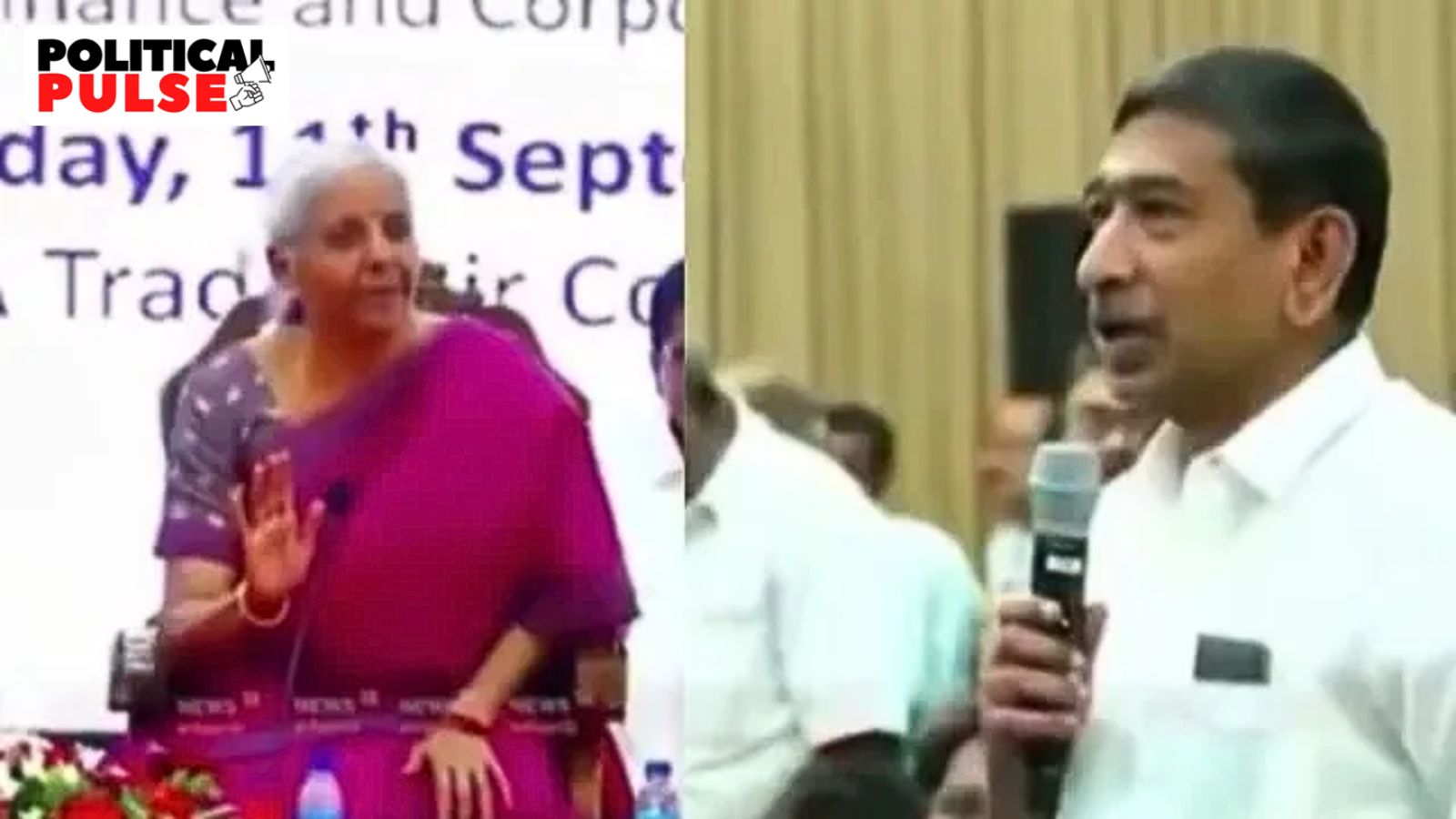 |
|
A seemingly innocuous joke about the complexities of India's Goods and Services Tax (GST) by a prominent Tamil Nadu businessman has escalated into a major political controversy, leaving the Bharatiya Janata Party (BJP) scrambling for damage control in the state. The incident underscores the BJP's ongoing struggle to gain a foothold in Tamil Nadu, a state known for its strong regional identity and resistance to national political parties. The controversy began when D Srinivasan, Managing Director of Coimbatore’s Annapoorna Hotels, a well-known chain in the state, made light of the inconsistencies in GST rates at a meeting with Union Finance Minister Nirmala Sitharaman. While his remarks were met with laughter and understanding nods from attendees, they were quickly seized upon by BJP critics, who portrayed them as a scathing indictment of the government’s taxation policies. The BJP, eager to capitalize on the opportunity to paint Srinivasan as an apologist for their party, quickly released a video of a separate meeting between Srinivasan and Sitharaman, falsely portraying it as an apology. However, this backfired spectacularly, with many in Tamil Nadu, including prominent leaders from the ruling Dravida Munnetra Kazhagam (DMK) and the Indian National Congress, condemning the BJP's actions as an attempt to coerce Srinivasan into submission. This outrage stemmed from Srinivasan's respected status in the state and his perceived strong connection to the influential Naidu community. The incident played right into the DMK's narrative of the BJP as an “outsider” party that lacks understanding of Tamil Nadu's sentiments. The BJP's attempts to paint the controversy as a regional issue, focusing on the fact that Coimbatore is one of the few seats they hold in the state, only further solidified this perception.
The BJP’s hasty actions were ultimately counterproductive, leading to widespread condemnation and damaging their reputation in the state. The controversy also highlighted the broader challenges the BJP faces in Tamil Nadu. The state has historically been a stronghold for regional parties like the DMK and the All India Anna Dravida Munnetra Kazhagam (AIADMK), and the BJP has struggled to make significant inroads into this political landscape. The party’s recent foray into the state, fueled by their national rise, has been met with resistance from local politicians and the general public, who perceive the BJP as a threat to the state’s autonomy and cultural identity. The controversy surrounding the GST joke has only served to further entrench this negative perception, making it increasingly difficult for the BJP to gain traction in Tamil Nadu. The BJP’s response to the controversy, culminating in an apology from party president K Annamalai, underscored their vulnerability in the state. The party’s frantic efforts to quell the public backlash exposed their lack of a solid base in Tamil Nadu and their reliance on opportunistic maneuvering to gain political ground.
The incident ultimately serves as a reminder of the complexities of Indian politics and the importance of navigating diverse regional sentiments. The BJP's attempt to exploit a seemingly innocuous joke for political gain has backfired spectacularly, highlighting the need for a more nuanced approach to political discourse in a multi-cultural and multi-lingual nation like India. The controversy also serves as a warning to political parties hoping to make inroads into new regions, emphasizing the importance of understanding the local context and respecting regional sensibilities.
